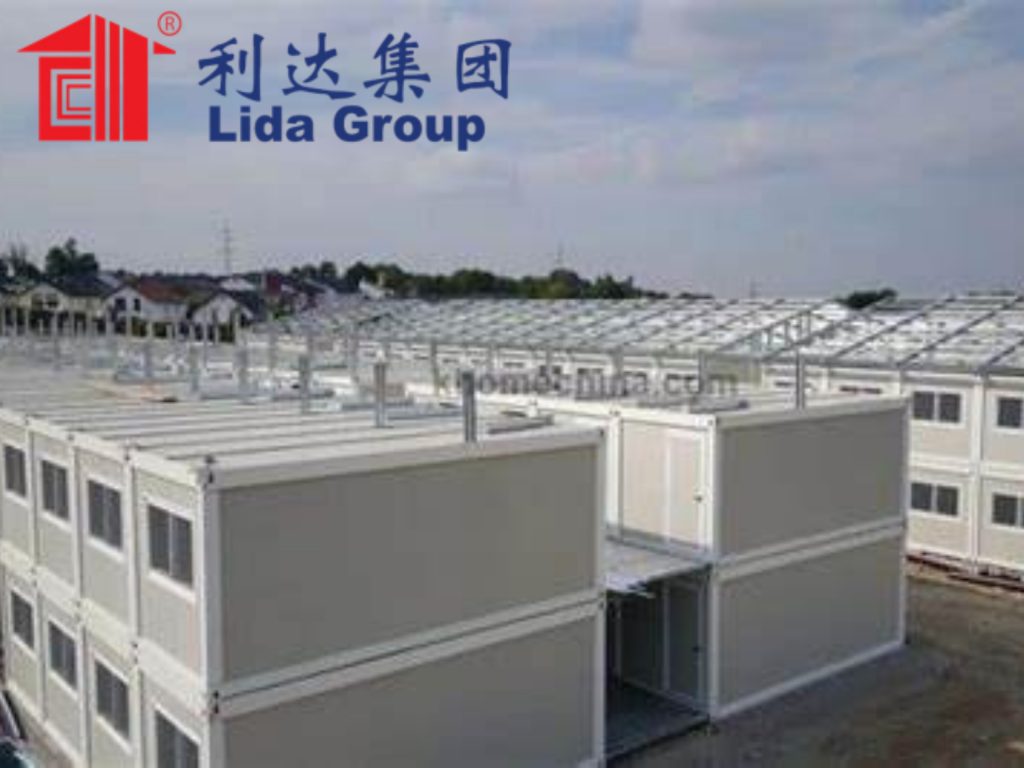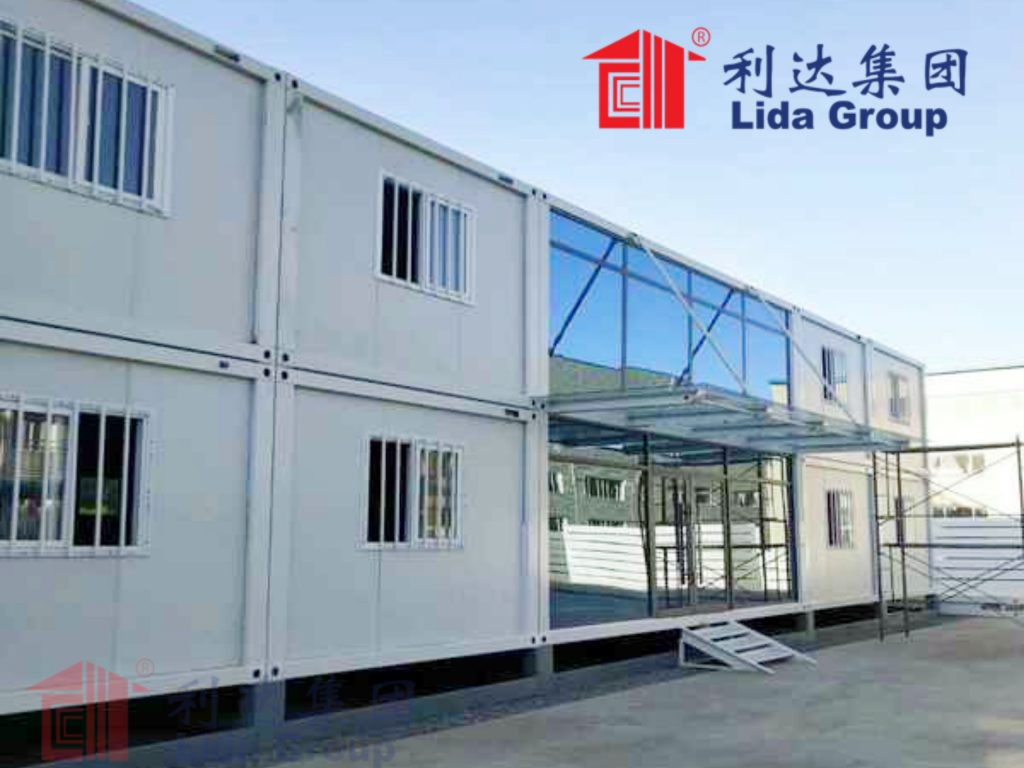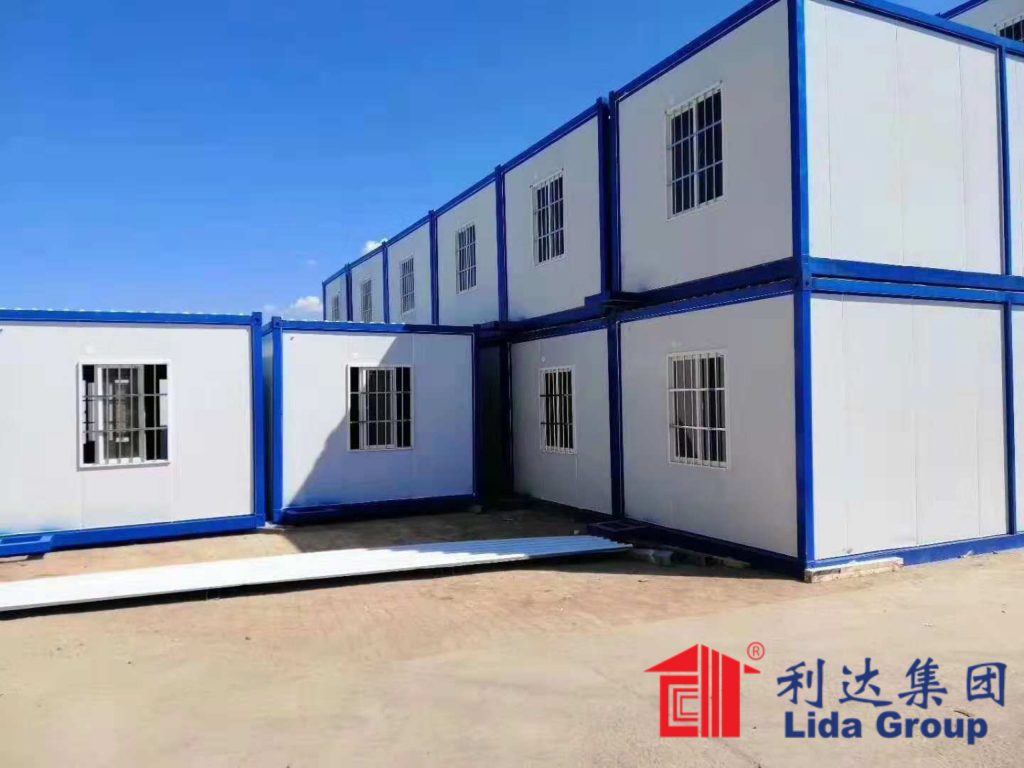A leading international non-governmental organization coordinating global emergency education initiatives has partnered with Chinese construction company Lida Group to develop portable modular buildings integrating versatile classroom, workshop and clinic components. The goal is establishing rapidly deployable multi-purpose learning centers within post-disaster rebuilding projects worldwide according to a joint statement.
Traditional temporary shelters and basic communal structures used by humanitarian organizations in initial crisis response phases often lack dedicated spaces for education, skills training or primary healthcare services crucial for long-term community recovery. Makeshift arrangements struggle meeting diverse pedagogical needs as situations change.
Prefabricated education zone concepts pioneered by Lida Group incorporate standardized modular building blocks structured around shipping container formats. This enables scalable mass production at centralized factories followed by simplified on-site assembly to establish complete temporary schools, vocational training facilities and primary clinics within weeks of mobilizing to affected regions.

Core modules include single classroom pods, multi-station workshop/lab units and clinic rooms outfitted with all necessary furnishings, fixtures and built-in mechanical/electrical systems. Floor plans feature sliding interior partitions to subdivide areas for different activities as demands evolve over recovery projects extending months or years according to NGO education managers.
Exteriors consist of reinforced weatherproof metal optimized for stacking multiple container modules horizontally and vertically. This creates flexible multistory education complex layouts within minimal footprints suited to available space such as vacant lots within recovering towns. Foundation systems suit terrain ranging from temperate to tropical developing nation conditions often impacted by disasters.
All components ship flat-packed to minimize cargo weight/volume for transport via ground, air or small watercraft into remote regions. On location, use of basic cranes and non-specialized lifting gear rapidly erect stacked modular buildings. Interlock fittings require no heavy equipment accelerating setups. Drop-tested movable glass wall/ceiling panels visually unite stacked classrooms promoting collaborative learning spaces according to specialist designers at Lida Group and the NGO.

Renewable power sources facilitate off-grid operations crucial where infrastructure damaged. Combined solar/battery systems provide reliable energy for lighting, ventilation and device charging within learning areas. Independent water/waste modules treat/store utilities sustainably during reconstruction supported according to development strategies. Portable chemistry/biology labs integrate for hands-on science and agricultural capacity building programs revitalizing livelihoods after crises.
Post-disaster periods represent sensitive windows shaping impacted societies long-term noted NGO leadership. Ensuring rapid access continuous trauma-informed education, social services and skills training supporting recovery aims promotes community resilience against future hazards while preventing lost generations according to academic research partners. The versatile modular containerized learning complex concept directly addresses such priorities.
First deployments involve establishing prototyped multi-use education hubs within developing coastal regions vulnerable cyclones, hurricanes and flooding. Intended initial 18-month installations aim validate design flexibility addressing diverse pedagogical/health priorities through changing circumstances. User feedback and structural performance tracking will help refine details of portable modular school design approach for maximum accessibility, energy-efficiency, adaptability and safe learning prioritized according designer firms.

If pilot programs succeed, partners envision modular building system setting a new standard global post-disaster education infrastructure deployment. Its versatile standardized approach supports localization crucial rebuilding phases, while coordination facilitates pre-positioning strategic stockpiles catering diverse recovery contexts universally according leadership. Overall, the portable modular education zone concept could prove a groundbreaking paradigm enabling rapid learning continuity even remotest disaster scenarios according all involved.

Related news
-
Public health organization partners with Lida Group to pilot mobile modular camps featuring prefabricated sanitation facilities constructed from stacked container components.
2024-05-21 17:11:46
-
Lida Group develops standardized modular container house system for rapid deployment of transitional housing communities in disaster impacted regions.
2024-05-21 14:35:37
-
International commission approves Lida Group's prototype for relocatable multi-species livestock shelter utilizing lightweight steel frame construction to facilitate herder families adapting to effects of climate change.
2024-05-20 17:03:04
contact us
- Tel: +86-532-88966982
- Whatsapp: +86-13793209022
- E-mail: sales@lidajituan.com


